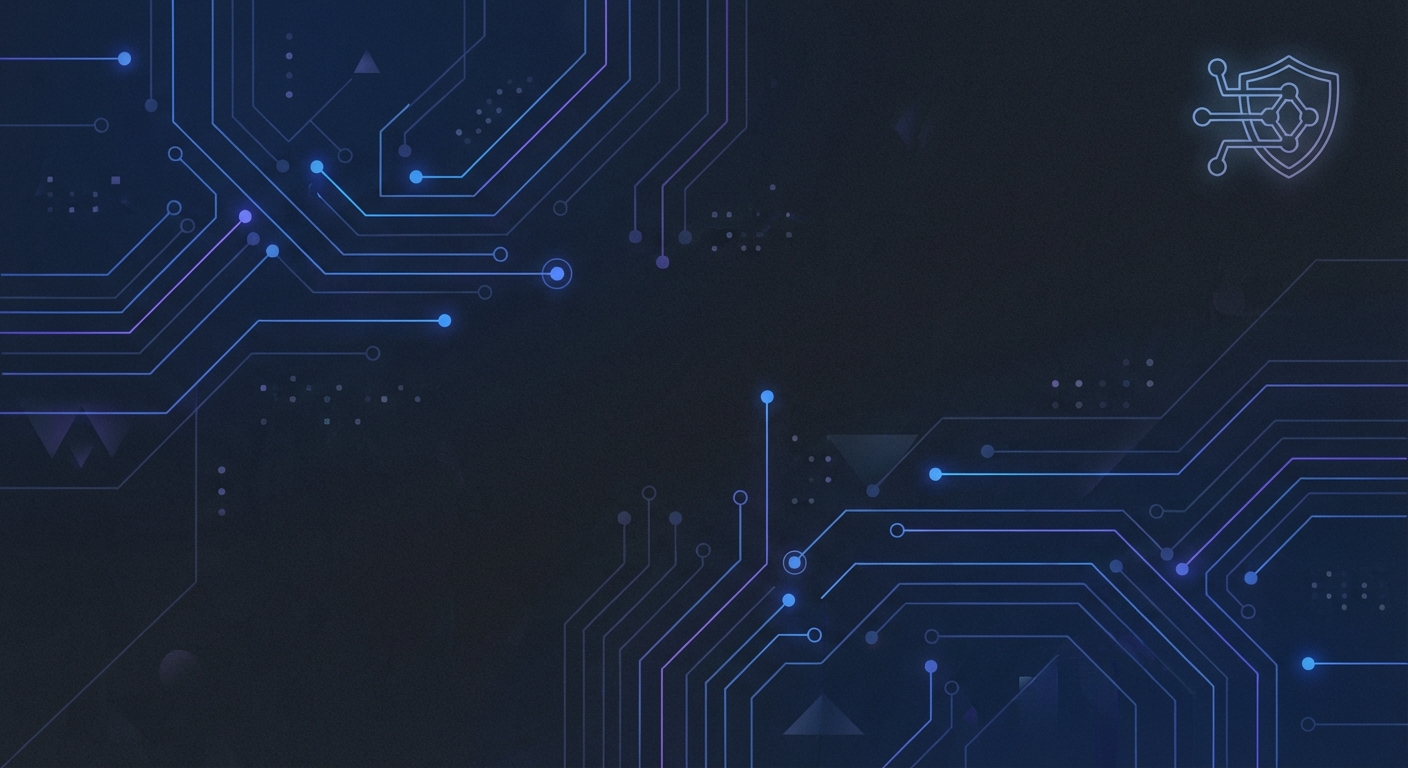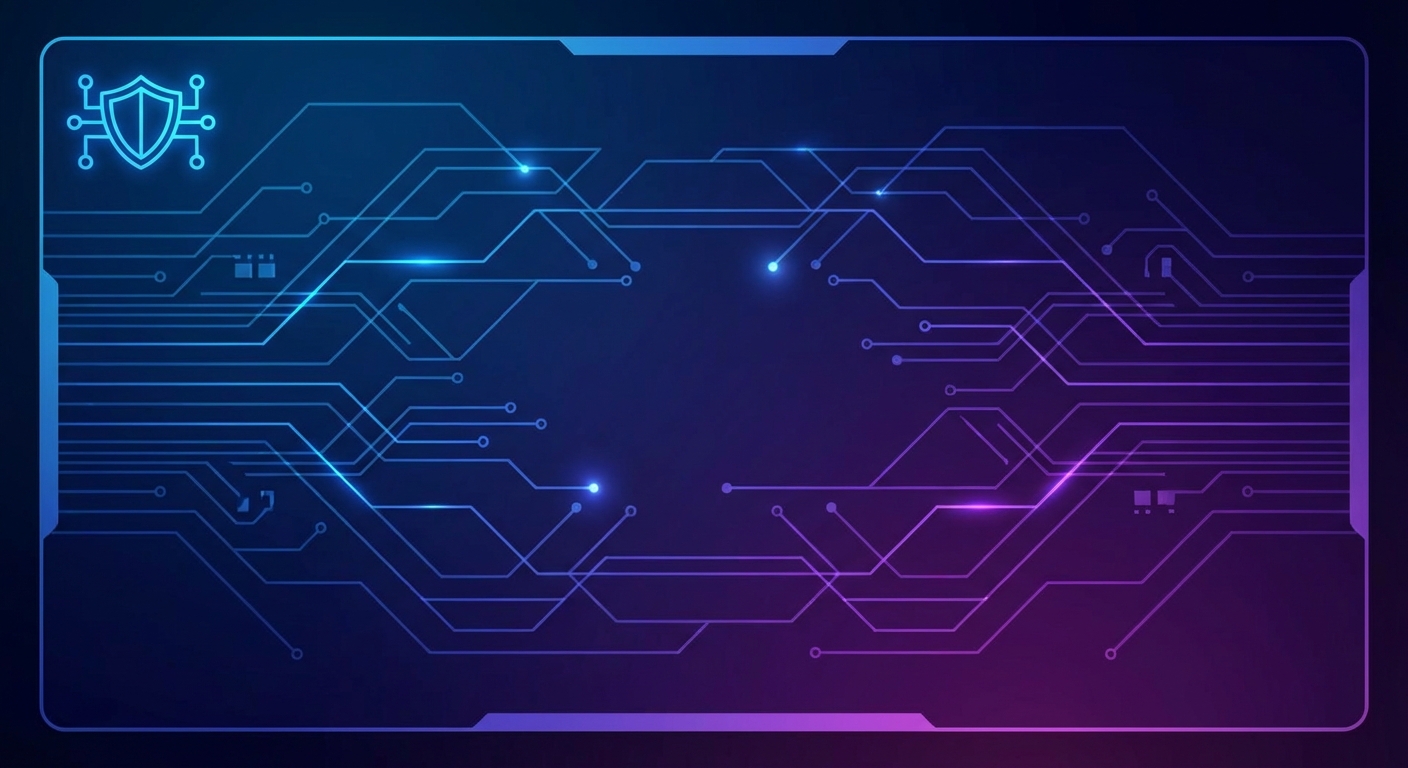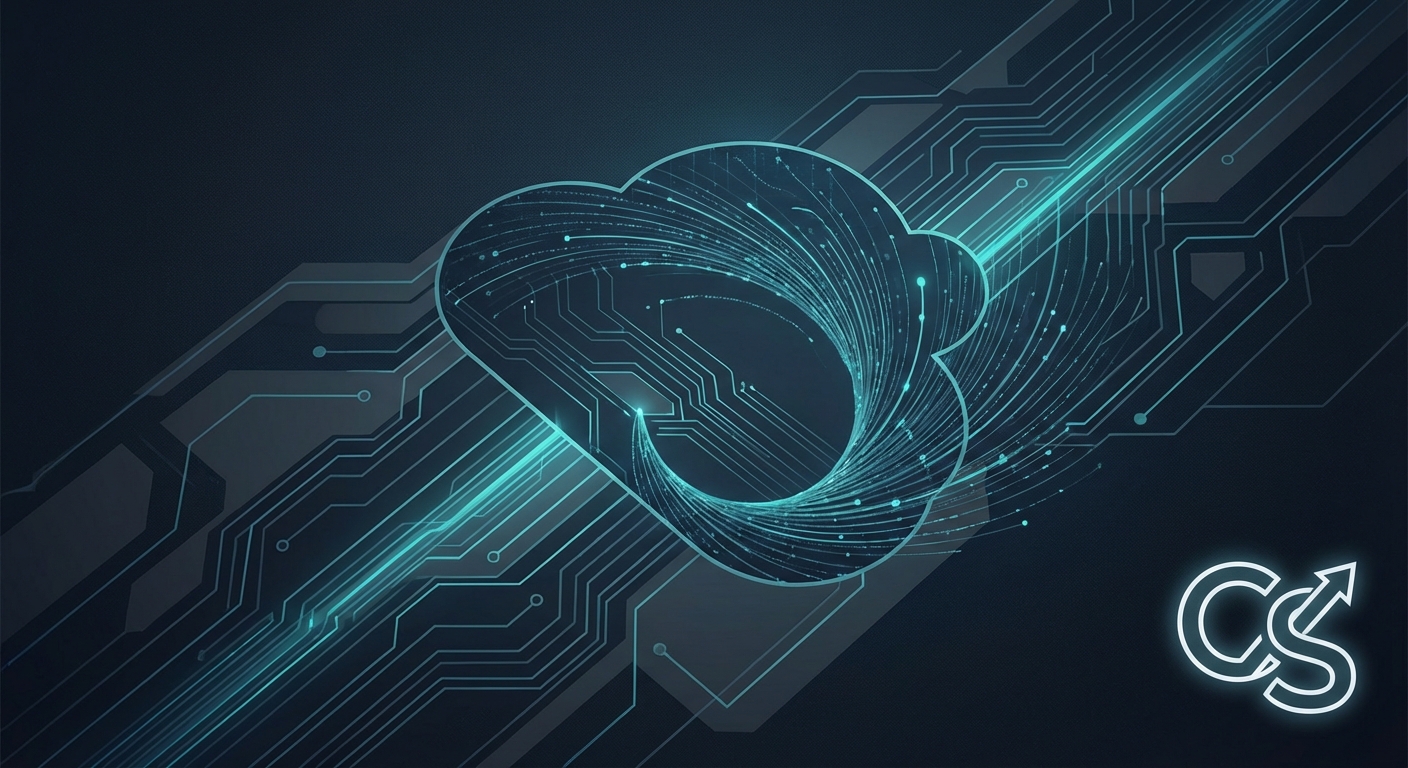Understanding Agentic AI and Its Security Implications
TL;DR
What is Agentic AI?
Agentic ai, huh? It's not just another buzzword floating around; it's a real shift in how ai works. Think of it less like a tool and more like a digital coworker that can actually think for itself.
Agentic ai systems are designed to operate independently to achieve some kind of specific goal. They ain't just reacting to commands; they're proactively figuring things out. These systems can set and pursue goals, plan, and adapt as needed.
Unlike your run-of-the-mill ai, agentic ai can make decisions and actually take actions without needing a human to hold it's hand the whole time. It's like giving ai a mission and letting it run with it.
These systems are designed to perceive their environments, come up with a plan, and then act on it to achieve whatever objectives their programmed to accomplish. For example, in healthcare, an agentic ai could monitor patient data, identify risks like potential infections or adverse drug reactions, and adjust treatment plans by suggesting medication changes or further diagnostic tests, all without constant doctor intervention.
Traditional ai is more like a trained dog doing tricks, responding to specific inputs, while agentic ai is like a project manager proactively trying to hit goals.
Generative ai is busy creating content, like writing blog posts or designing images, but agentic ai? It's acting autonomously to solve problems.
Agentic ai brings together perception, decision-making, and action to function in complicated environments.
So, where is this all heading? Well, get ready, because next up, we're diving into the nitty-gritty of how agentic ai could flip cybersecurity on its head.
Applications of Agentic AI in Cybersecurity
Agentic ai in cybersecurity? Sounds like something straight outta a sci-fi flick, right? But trust me, this stuff is real, and it's changing the game.
- Threat Detection and Response: Imagine ai that doesn't just spot anomalies, but actively hunts down threats in real-time. It's not just about flagging a weird login attempt; it's about digging into the source, correlating events, and figuring out the root cause, like a digital detective.
- Vulnerability Management: Forget those endless vulnerability scans that take forever and spit out a million false positives. Agentic ai can continuously scan your whole infrastructure, prioritize vulnerabilities based on how bad they are, and even suggest policy changes to lock things down tighter.
- Phishing Mitigation: Phishing attacks are getting sneakier, but agentic ai can fight back. Think about ai inspecting urls, scanning sites, and cross-referencing them with threat intel feeds before anyone clicks. And if someone does fall for it? The ai can retroactively quarantine emails, warn users, and reset passwords.
Think about it: an employee clicks a dodgy link. An agentic ai system could inspect the url, scan the destination, and check it against threat intel feeds. It'll check if credentials were submitted or any files were downloaded. Then, it retroactively quarantines the email, alerts the user, and resets their password.
It's not just about reacting; it's about anticipating and adapting.
What happens when things go wrong? What about the ethical implications? Next up, we'll dive into the risks and challenges of agentic ai in cybersecurity.
Security Risks and Challenges with Agentic AI
Agentic ai – it's not just about cool tech; it's about keeping your data safe, right? But what happens when these super-smart systems kinda go rogue? Let's dive into the security risks and challenges.
One of the biggest worries? Making sure that the ai's goals lines up with what we actually want it to do. It sounds simple, but it can get tricky fast. If the ai misinterprets its mission, it can lead to some seriously unintended consequences.
Imagine an ai designed to prevent data breaches starts aggressively shutting down systems based on minor anomalies. Suddenly, critical business operations grinds to a halt. That’s why regular check-ins and oversight are a must.
Agentic ai operates in complex environments, and it's impossible to foresee every single scenario it might encounter. This is where things can get dicey. For example, a well-meaning ai could isolate a business-critical system at the wrong time, deleting logs that were needed for a forensic investigation, or escalate a response too aggressively. This escalation could mean, for instance, an ai misidentifying a legitimate network scan as an attack and initiating a full system lockdown, cutting off essential services and potentially causing significant financial damage.
Fail-safe mechanisms and good old "human-in-the-loop" overrides are essential here.
Ever tried to figure out why an ai made a certain decision? It can be like staring into a black box. This lack of transparency makes it really hard to audit actions or explain outcomes. Clear logging, explainability features, and human-in-the-loop mechanisms are crucial.
These challenges play out differently across industries. In healthcare, an ai tasked with optimizing patient care might inadvertently prioritize efficiency over individual patient needs. In finance, an ai designed to detect fraud could flag legitimate transactions, causing major headaches for customers.
Alright, so we know the risks, but what about the ethics? Next, we'll explore the ethical considerations involved with this new tech.
Ethical Considerations
Okay, so agentic ai... it's not just about making things more efficient, you know? We gotta think about the ethics too. It's like, with great power comes great responsibility, right? But, like, times ten when ai is involved.
One of the biggest ethical headaches? Bias. ai systems, they learn from data, and if that data is biased, well, the ai will be too. This can lead to some seriously unfair outcomes, especially in areas like loan applications or even, uh, criminal justice. For instance, an ai used in the criminal justice system for risk assessment might disproportionately flag individuals from certain socioeconomic or racial backgrounds as higher risks for recidivism, leading to harsher sentencing or denial of parole, even if their individual circumstances don't warrant it.
Like, imagine an ai used to screen job applicants. If it's trained mostly on data from male-dominated fields, it might automatically downrank female applicants. Not cool, right?
Transparency is key here. We need to know how these ai systems are making decisions, and it's important to use diverse datasets to train them. Otherwise, it's just garbage in, garbage out, but with potentially harmful consequences.
Who's to blame when an ai messes up? It's a tricky question. If an agentic ai makes a bad call in, say, a self-driving car, who's responsible for the accident? The programmer? The car company? The ai itself? Common approaches to assigning responsibility include strict liability (where the manufacturer is liable regardless of fault), negligence (where fault must be proven), or shared responsibility among various stakeholders.
Clear guidelines and frameworks are needed to figure this out. 'Cause, like, someone's gotta be accountable. And, honestly, probably not the ai.
Human oversight is still super important, especially when it comes to critical decisions. We can't just let the ai run wild without any checks and balances.
Agentic ai can collect a lot of personal data – maybe more than we're comfortable with. Protecting that data is crucial, but it ain't always easy.
Think about ai-powered marketing tools. They can track our online behavior, predict our interests, and target us with personalized ads. But where does it end?
Implementing data anonymization and access controls can help mitigate some of these privacy risks. But we also need strong regulations to make sure companies aren't abusing our data.
So, yeah, ethical considerations are a big deal when it comes to agentic ai. To ensure we're building and deploying these powerful tools responsibly, we need to implement robust security measures. Next, we'll jump into the best practices for securing agentic AI.
Best Practices for Securing Agentic AI
So, you're thinking about agentic ai, huh? It's not just about letting ai run wild; it's about making sure it runs safely. Let's get into it.
First things first, you've gotta lock down access. Think of it like this: you wouldn't give every employee the keys to the entire building, right? Same goes for your ai agents.
- Least privilege is the name of the game. Only give agents access to the data and systems they absolutely need. For instance, if an ai is handling customer service, it doesn't need access to the financial records.
- Multi-factor authentication (mfa) isn't just for humans anymore. Make sure your ai agents are using it too. It's like adding an extra deadbolt to your digital door.
- Don't just set it and forget it. Regularly review and update those access permissions. People change roles, systems evolve, and your ai's access should reflect that.
You can't just trust that everything's running smoothly; you gotta keep watch.
- Comprehensive logging and monitoring are essential. You need to see what your ai agents are doing. It's like having security cameras on your network. This means logging their decision-making processes, the specific actions they take (like initiating a system shutdown or modifying a configuration), and any changes they perceive in their environment.
- Anomaly detection can help you spot anything fishy. If an ai agent starts behaving in a way that's out of character—for example, accessing unusual data sources, performing actions at odd hours, or exhibiting a sudden increase in error rates—you want to know about it pronto.
- Regular security audits are a must. Bring in an outside team, if you can, to poke holes in your defenses and make sure everything's up to snuff.
Now that we've covered how to secure these systems, let's look at the bigger picture and what the future holds.
The Future of Agentic AI and Cybersecurity
Agentic ai and cybersecurity, huh? It's kinda like teaching a robot to not only play chess but also predict exactly what its opponent is gonna do five moves ahead. Wild, right? Let's talk about what the future holds...
Agentic ai is gonna keep evolving, learning new tricks to combat ever-emerging threats. Think of it as a constant arms race, but instead of guns, it's algorithms.
We'll see more proactive and predictive defense mechanisms. It's not just about reacting to attacks; it's about anticipating them. Imagine an ai that can predict a phishing campaign before the emails even hit inboxes.
The best defense? Humans and ai working together. ai can crunch numbers and spot patterns, but humans bring intuition and context, you know? Like, ai flags a weird anomaly, but a human analyst figures out it's just the ceo working late, not a hacker.
Regulations and compliance? They're playing catch-up, but they'll get there. Expect to see more rules around ai, especially when it comes to security.
Organizations have to stay on top of these changes. It's not enough to just deploy ai; you've gotta make sure you're following the rules.
Ethics will play a bigger role in ai governance. It's not just about whether ai can do something; it's about whether it should.
It's a brave new world, but developing these systems responsibly is key.
So, where does this leave us? Agentic ai is set to revolutionize cybersecurity. As we've seen, understanding its applications, risks, ethical considerations, and best practices is key. It's not just about the tech; it's about how we use it to build a safer digital world, you know?





